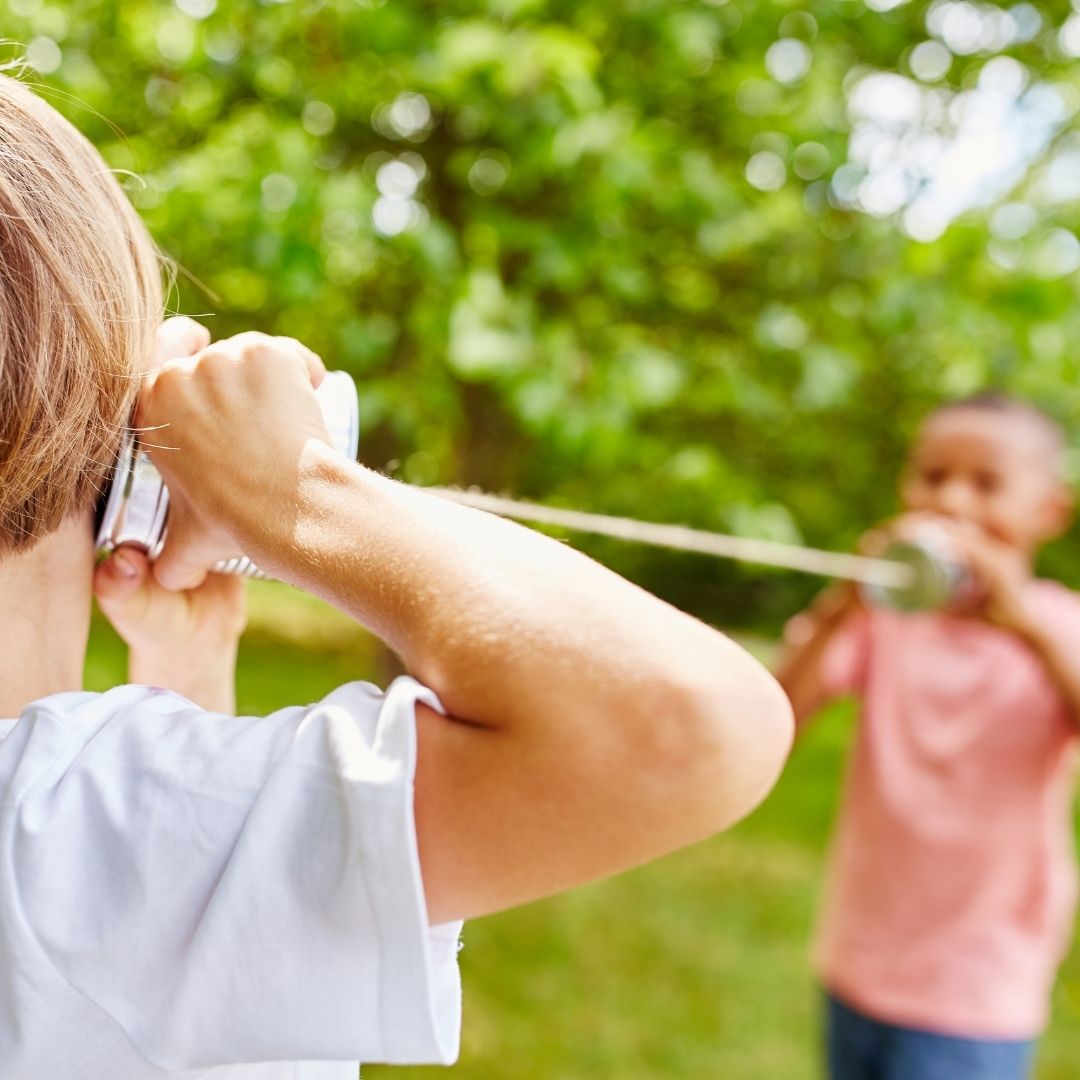When we hear the word "attend" in the context of school, most of us probably think of attendance. Students are marked either present or absent in class, representing their physical presence in a learning space. Merriam-Webster's first entry to define "attend" says...
: to be present at : to go to
But school attendance does not automatically equate to learning. Sitting in a class does not make one a student anymore than sitting in a vehicle makes one a driver.
Additional dictionary entries for attend shed light on a broader meaning:
: to pay attention to
: to direct one's attention
: to apply the mind
Attending--or paying attention--is considered the foundation of most cognitive and neuropsychological functions. Therefore, students must learn to attend, to not only be physically present in class, but also mentally focused and engaged for a sustained amount of time.
For students just beginning their journey in formal schooling, attending may be an especially unfamiliar and challenging skill. There is a substantial piece of the attending puzzle that parents need to keep in mind as they help their littles prepare for Kindergarten: screen time.
The Screen Thing
A conversation about attention development in littles in our world today would be incomplete without including the use of screens and screen time. You have likely heard the message: kids need less screen time and more real-world interaction. You may have even heard about or read some research findings on how screen time has dramatic effects on the brains of children five and younger.
What might be less obvious, though, perhaps even ironic, is that increased screen time directly impacts a child's ability to pay attention. A child's ability to play video games or use apps or watch videos for sustained periods of time is not an indicator of ability to attend. A research study completed in 2019 determined that "by age 5, children who spent two hours or more per day, looking at screens, were 7.7 times more likely to meet criteria for a diagnosis of attention deficit hyperactivity disorder, or ADHD, than children who watched screens for 30 minutes or less each day."
Though the prevalence of screens in all of our lives and the negative impacts they can have on our littles may feel overwhelming, there is good news: there are many simple ways to engage kids and build their ability to attend.
Ways Parents Can Help Their Preschooler Practice Attending
One major facet of learning to attend is the ability to listen to and follow directions or instructions, and order is another important part of the equation. Parents can help to prepare their child for focused, attentive learning in school by sharpening the skills of attending, following instructions, and emphasizing the importance of order.
The following are attention-building ideas suggested by experienced Kindergarten teachers:
Listen to stories.
Parents are always being told to read, read, read with their littles. Reading is not only important for building early literacy; it's also instrumental in building attention. Whether it's reading a book together, telling a story yourself, or listening to an audio story (even Amazon's "Alexa" will tell a story upon request!), staying focused on a singe storyline from beginning to end is a great way to practice attending. Parents can gauge a child's attention to a story by making it interactive with questions about the who, what, when, and where of the story.
Play games.
While playing organized games like "Memory" or "Simon Says" may feel a bit like herding cats, these types of structured activities are very helpful for littles to practice turn-taking, understanding order-based rules, being patient, and staying engaged in one place for the duration of the game.
Build and make things together.
Building a bird house, baking cookies, creating an artistic collage, putting a Lego set together...doing projects like these with preschoolers is wonderful for their development. Collaborative projects are great for banking relational equity, as well as helping kids develop communication skills, fine motor skills, and the ability to make a plan and execute it (with proper modeling from parents). Following recipes, patterns, or plans in projects also contributes to crucial skill of paying attention to instructions.
Assign chores and provide specific steps for completing the task.
Another great way to sharpen those planning and instruction-following skills (and getting things done around the house!) is assigning chores with specific steps to complete them. One chore might be setting the table before dinner. Preschoolers benefit from specific instructions like first set out the plates, then napkins, then forks, etc. A simple checklist with pictures or single words is an added bonus for helping a child understand the idea of going through a process to complete a task.
Create an obstacle course.
Homemade obstacle courses are another fun way to keep littles active and engaged. Collapsible play tunnels, sports cones, pool noodles, or even couch cushions, a small slide, a basketball or some stuffed animals can be used to create an obstacle course at home. Sharpen gross motor skills and order-following skills at the same time, all while burning off energy!
There are lots of examples indoor and outdoor DIY obstacle courses online. For indoor obstacle course ideas, check out this dad-approved indoor obstacle course example. Or take a look at this outdoor obstacle course option that only requires chalk and sidewalk.
Set up focused, timed activities for littles and encourage them to stay on the particular task for the full amount of time.
A good attention-span goal for a Kindergartener to be fully focused on one activity is 10 minutes. If your preschooler is nowhere near that, don't worry. Create space for them to grow in this area. Coloring, looking at books independently, playing with a doll house, or building with blocks--pick activities for your child and take note of how long they can stay on that one task. Using your observations, you can aim to help your child incrementally increase how long they can stay focused on one of those tasks. Pick an activity, set a timer (for a reasonable amount of time), and grow from there.
A Final Note for Parents on Paying Attention
One interesting common thread among all of the ways that parents can help their preschoolers developing the ability to attend is that they all require attention from parents to implement. In a life full of distractions, a world shaped by technology, and a society bent towards busyness, paying attention is a challenge for all of us. Yet parents paying attention to their children is the only way of noticing patterns in their behavior, as well as their strengths and weaknesses as they grow towards formal schooling. The crucial distinction between the definitions of attending here remains--not just being physically present, but mentally focused and engaged. One of the most valuable gifts that parents can give their children is their own attention.
/Logos/Horizontal%20Academic%20Logo%20for%20Light%20Backgrounds.png)
/Logos/Horizontal%20Academic%20Logo%20for%20Dark%20Backgrounds.png)



.jpg)